SIG Works With Google And Other Partners On New Tools That Democratize Offline Mapping

Spatial Informatics Group (SIG) contributed to a fascinating mapping project described in a new post on the Google Earth and Earth Engine Medium page.
Google partnered with CIAT, SERVIR-Amazonia, SIG, and other groups on two pilot projects involving Ground, an open-source data platform that works offline—crucial in areas without wireless service—and also seamlessly connects to cloud-based storage and computation. The platform consists of an Android app for offline data collection and a web app for data management.
Can You Fight Climate Change By Burning Wood? It’s Complicated
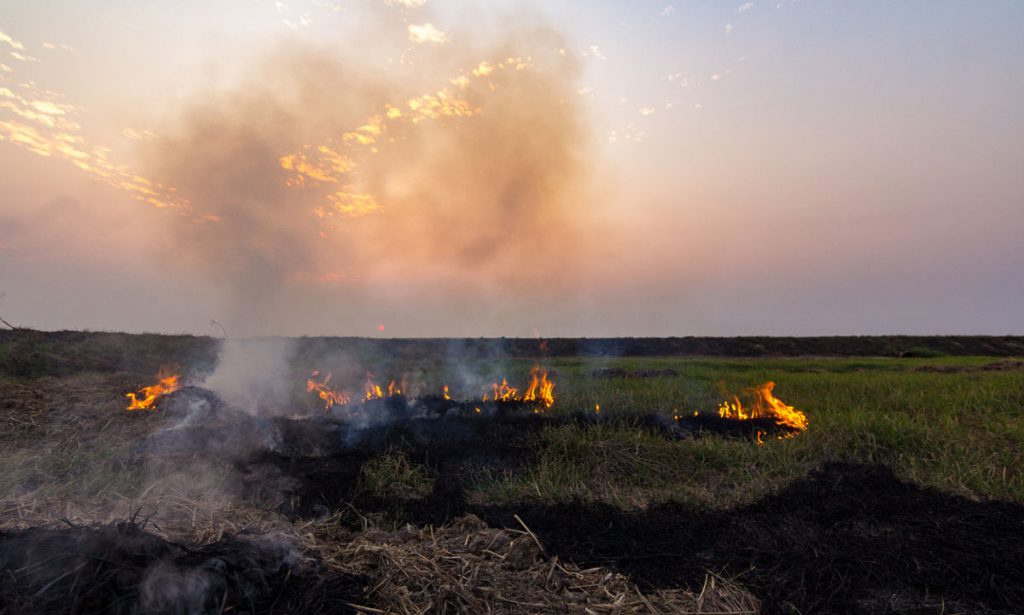
Wood grown in the United States is being ground up, dried out, pressed into pellets, and shipped to Europe, where power plants burn it to make electricity.
Is this good for the planet?
Pyregence Launches New Forecasting Tool For Tracking Active Fire Spread
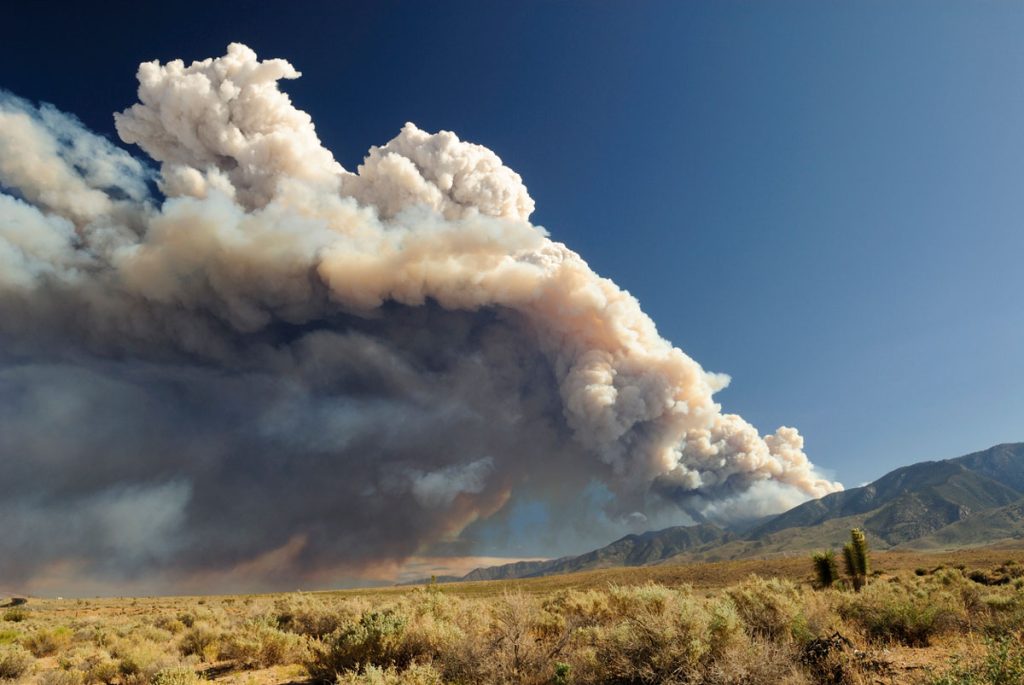
Firefighters in California battle 775,000 acres of fires from dry lightning. SIG built Pyregence, a wildfire forecasting tool
With Biomass Energy, The Carbon Savings Are In the Details
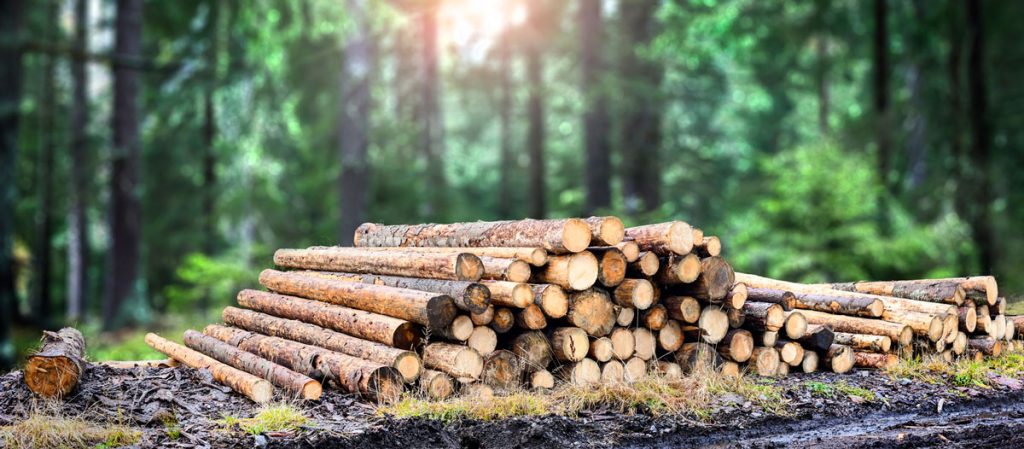
Biomass energy, Michael Moore’s new documentary Planet of the Humans faces criticism from environmentalists for using outdated data and simplistic analyses on renewables.
Simple Tech For Land Management: Training Local Users For Faster, Cost-Effective Results

Tribal leaders in remote Vietnam now use e-tablets to map lands, showing how tech helps rural communities leapfrog development and modernize.
Forest Carbon Markets: Native People Quantify The Growing Value Of Native Lands

Carbon markets are based on the premise that sources (greenhouse gas-emitting power plants, vehicles, farm animal waste) and sinks (greenhouse gas-absorbing forests, biogas digesters, healthy soil) can be “traded” between states, regions and countries to help each other offset and reduce overall carbon emissions. While carbon markets are not a perfect solution to atmospheric carbon reduction, they have benefits…not least of which is getting communities to take stock of their natural resources and find ways to better manage, protect, and restore them.
The Sustainable Orinoco Pact Sponsors Initiatives Fair On Sustainable Development-Villavicencio, Colombia
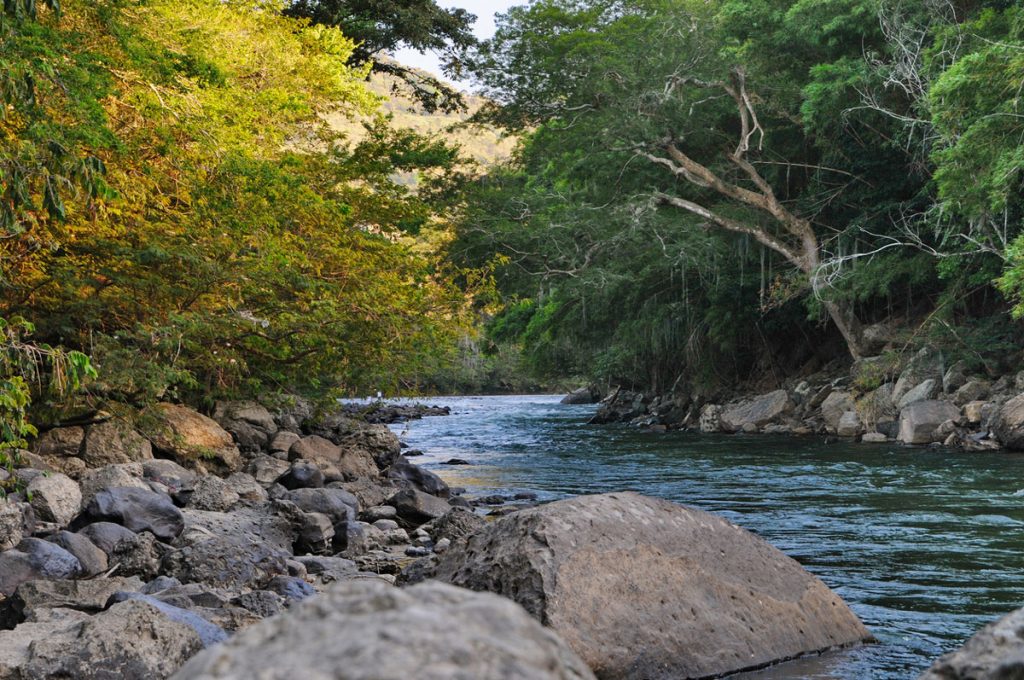
SIG co-developed software to remotely monitor gold mining activity in Colombia. Illegal mining is a driver of deforestation and this project aims to empower authorities to respond quickly and appropriately. CoMiMo, which is available for desktop in both English and Spanish, uses satellite imagery and artificial intelligence to identify threatened areas.
SERVIR-Amazonia Brings Data To The Ground For Better Decision-Making In The Amazon
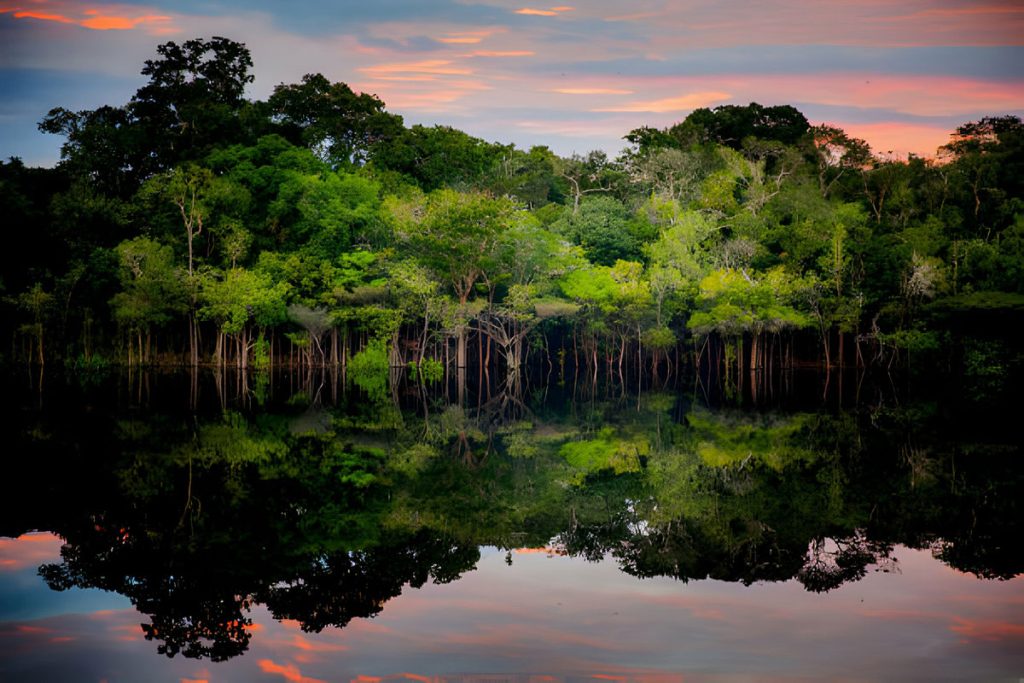
Followers of environmental issues in the Amazon scarcely go a week without seeing news about threats to the biome. The region has been devastated with countless and constant hazards. For example, each year it experiences natural hazards like wetland degradation, salinization, destructive flooding, and severe fires, all compounded by climate change.
Hot But Not Bothered: Urban Green Space Leads To Better Health, Social Benefits

Decades of scientific research have been suggesting that humans accrue many positive benefits from nature, whether that nature be in an isolated preserve, in urban green space within the confines of a city, or simply with a look at a painting of a forest.
Connecting Space To Village: Bringing Satellite Data To The Ground To Improve Lives
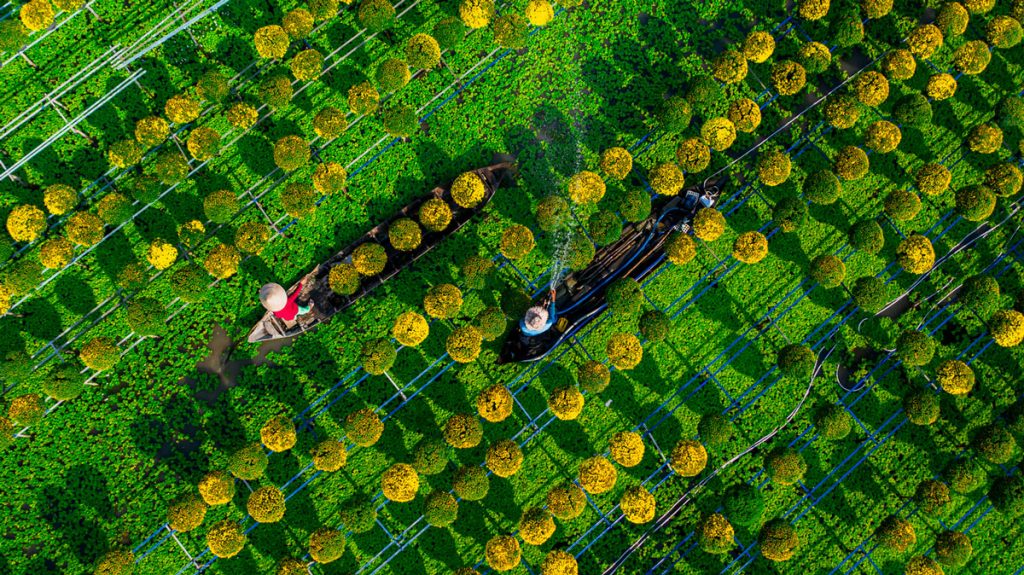
SERVIR has been set up in many regions of the world, and the Lower Mekong Region is one of them. SERVIR-Mekong focuses on predicting seasonal crop yields, assessing how future climate change will impact the region, monitoring the landscape and the ecosystem services it provides, and developing climate change adaptation tools for agriculture, rangelands, fisheries and aquaculture. Over large landscapes, in complex ecosystems, and in a changing climate, people often do not have the information they need to solve local, national, and regional land use challenges.
